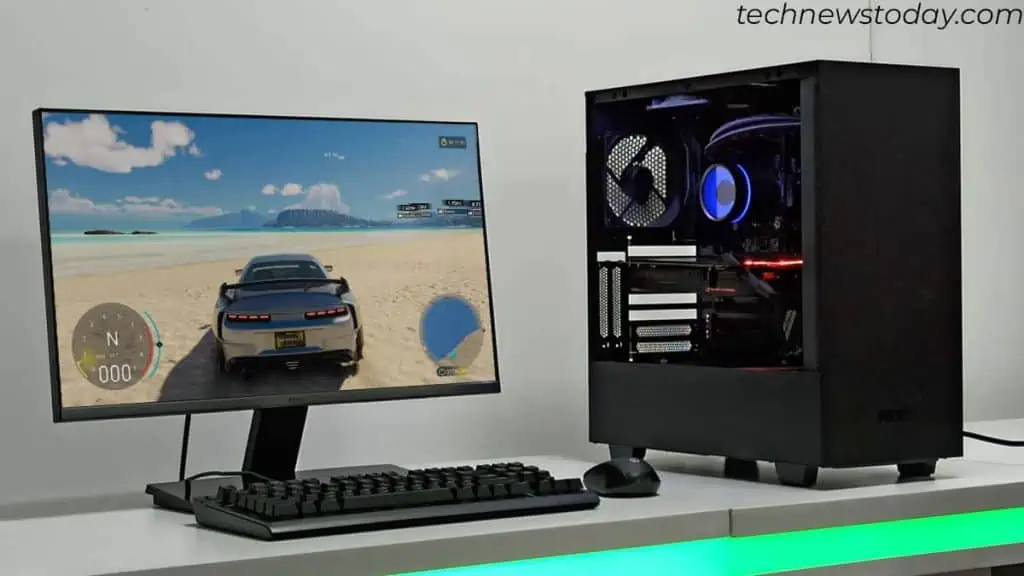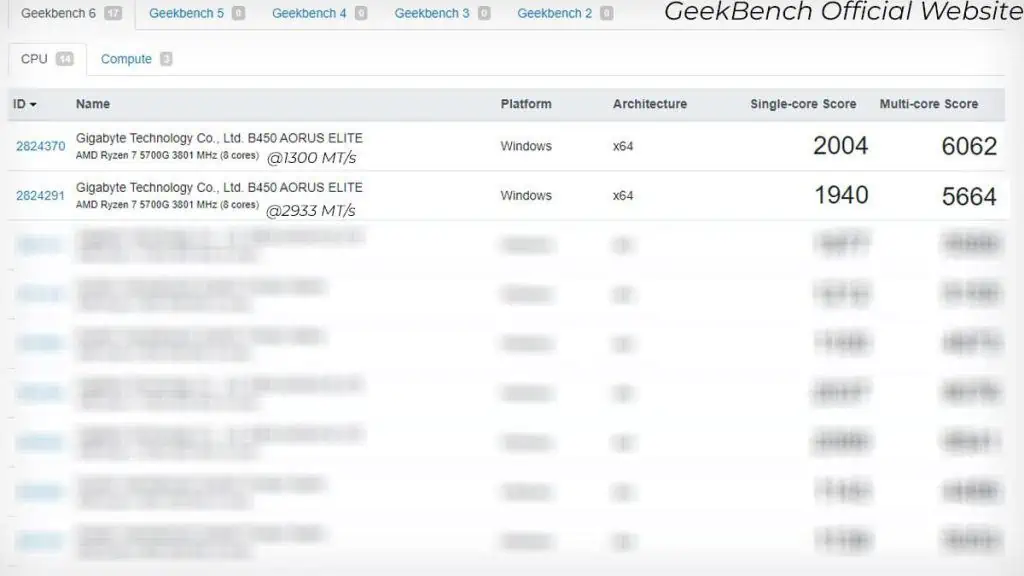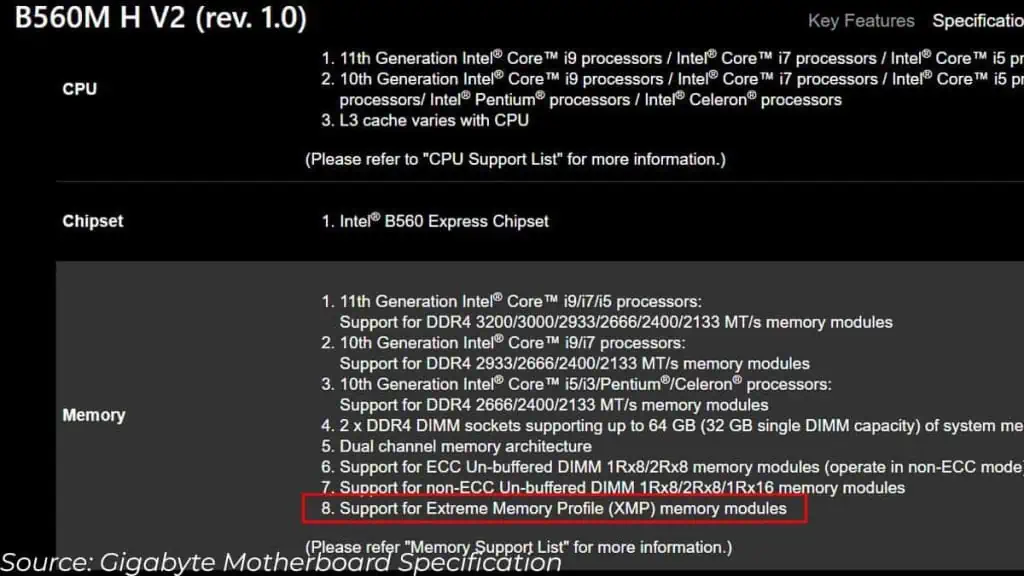Afaster RAM is usually bettercompared to one with a lower speed. However, there are situationswhere installing a slower RAM makes more sense. It all depends on user requirements.
On an intensive workload system or gaming PCs, high-frequency RAM is recommended. However,for casual usage, you don’t really need it.
Another thing to keep in mind isits latency. If you want to improve system performance, consider getting a lower latency RAM.

Now, let’s look at some aspects whereRAM speedmatters and where it does not.
Times When RAM Speed Absolutely Matters
Ahigher RAM speedmeans the CPU can work much more efficiently. The processor does not have to wait on RAM to fetch data and can execute instructions on data much faster.
Here are a few instances where this particular action comes in handy.

Server and Workstation System
High-speed RAM is necessary for servers/database computers where thecentral systeminteracts withnumerous users.
In such a scenario, the processor constantly accesses data stored and makes them available to multiple users.
Real-Time Data Processing
A high-speed RAM along with alower CAS latencyis recommended when handling real-world constraints.

A system that processes data in real-time is included in this category. This could be systems liketraffic monitoring,gesture recognition, etc.
Here, even a little speed boost would mean a significant improvement. A RAM with higher speed means a little delay and a faster system.
If you are an avid gamer, you probably want the most out of your system to improve those frame rates.
